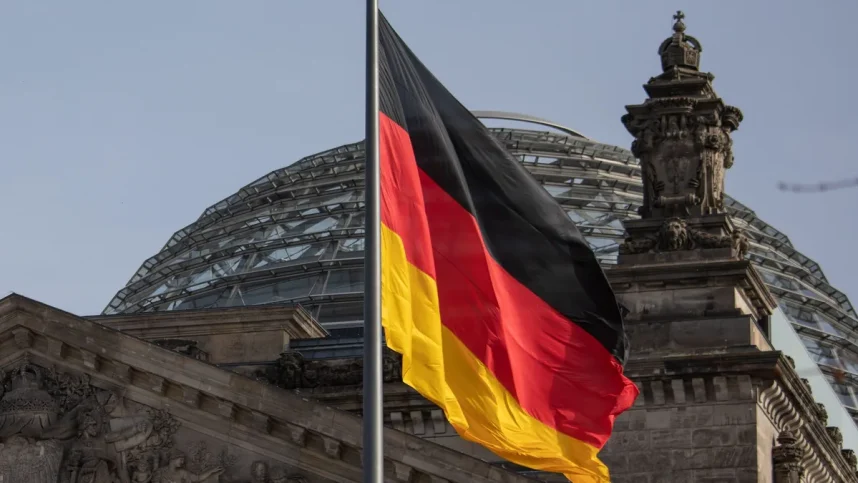Study Suggests Half of Germany’s Online Gambling is Through Offshore Sites

Posted on: November 22, 2023, 08:28h.
Last updated on: November 22, 2023, 10:00h.
After Germany introduced gambling reforms a few years ago meant to unite the country’s fractured gaming laws, the market was slow to develop. That may have caused considerable harm, with a new study suggesting that about 50% of all online gaming takes place through black-market sites.

The findings of Gunther Schnabl, an economist from the University of Leipzig, in his State Treaty on Gambling Misses Targets, portray a German gaming market that is far from being stable. Interestingly, a majority of players don’t give any importance to the licensing status of the iGaming platform.
Amid these developments, interest groups are advocating for constitutional changes to the gambling framework. According to the gaming regulator Joint Gambling Authority of the Länder (GGL, for its German acronym), the study doesn’t mirror reality.
Unified Gaming Regs Not Working
The analysis delves into the habits of players when it comes to their consumption patterns and explores the dynamic between those who adhere to legal methods and those who resort to illicit means. The DOCV and the DSWV, representing the German Online Casino Association and the German Sports Betting Association, respectively, sponsored the study.
The research shows that about 70% of online gamblers used licensed platforms in 2019. Now, however, the figure has dropped to 50%. This decrease, according to the study, can be attributed to the substantial presence of a clandestine online black market that cunningly draws in players with enticing offers and relentless promotion.
The DSWV asserts that hundreds of millions of euros are lost in taxes. This impacts state governments and also jeopardizes the safety of the players.
The GGL disagrees. It says on its website that there are around 800-900 sites accessible from Germany that offer unlicensed gambling. This, it adds, is a drop from last year. It’s still a considerable jump from the number of licensed platforms, which is around 50.
The regulator also says that this segment, composing around 3% of the total available market, is worth as much as €500 million (US$545 million). That’s a significant amount of money, of which a considerable percentage could be received by the federal and state governments.
At least two German states, including Thuringia, opted for a monopoly when they began framing their online gaming markets. As other countries, like Finland, have realized, this is a losing proposition that chases away users.
Licensed iGaming operators in Germany are also at a disadvantage compared to their offshore counterparts. Reforms to the Race Betting and Lotteries Act in 2021 led to the creation of a 5.3% tax on all stakes for betting, online poker, and online slots.
Another Gaming Overhaul
In light of the study, the DSWV is demanding change. It wants to see a swift expansion of licensing, a surge in competition, effective regulation of advertising, and implementation of tax reforms.
The GGL has tried to introduce mandatory ISP blocks of websites, but this is illegal. A court ruled earlier this year that there’s “no legal basis for the blocking of the websites of a foreign gambling operator ordered by the Joint Gambling Authority of the Länder vis-à-vis an access provider.”
Perhaps Germany’s iGaming market is only experiencing growing pains that will resolve themselves with time. However, the DSWV doesn’t want to wait around. It aims to enhance the associations among various sectors that touch the gaming industry, including operators, the GGL, legislators, and interest groups.
It also believes that another review of the Interstate Treaty on Gambling may be in order. That might be a bigger challenge, with Thuringia and others with a gaming monopoly unwilling to consider any changes that could jeopardize their positions.
Source: casino.org
